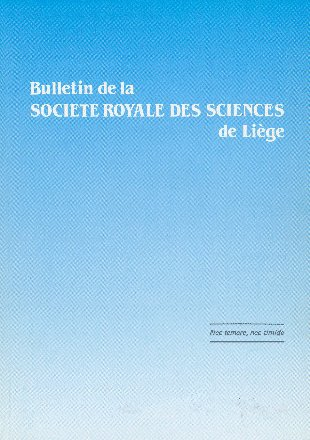- Home
- Volume 85 - Année 2016
- Actes de colloques
- Special edition
- Half an analytical look at the history of the emergence of Concrete poetry
View(s): 1559 (0 ULiège)
Download(s): 630 (4 ULiège)
Half an analytical look at the history of the emergence of Concrete poetry

Attached document(s)
original pdf fileAbstract
The concrete poetry is regarded as the modern poetic movements in Europe and Iran. Concrete poetry is one of the written deviations and foregrounding is associated with irregularity of poetry, graphic and sometimes calligraphic lines. In this poetic movement, the written structure is selected in such a way that the form, the structure and the combination of words, the interrupted structure of the words, the degraded form of the words into the forming letters has created visual images that play an important role in transferring the motif to the audience. The author in this article aimed to review analytically the formation history of concrete poetry in Europe and Iran from the beginning until now. the history of visual communication is very old that dates back to the very remote times. Guillaume Apollinaire (1880 – 1918) played an important role in the emergence of concrete poetry. After 40 years, Apollinaire ultimately paved the way for concrete poetry by creating kind of visual poetry namely Calligram. Apollinaire enjoyed the experience of eastern poets in addition to western poet. in 1958, the basic principles of concrete poetry were compiled and again the Brazil was the flagship of this movement. In the early 60s, Eugen Gomringer published the concrete works of the poets in different countries of the world after the foundation of International Movement of concrete poetry. In Iran, Tahereh Saffarzadeh, a theorist and contemporary researchers, was the founder of the concrete poetry in Persian language. After Tahereh Saffarzadeh, Esmail Nooriala, a contemporary poet and critic, was regarded as the founder, promoter of concrete poetry in Persian language and literature.






